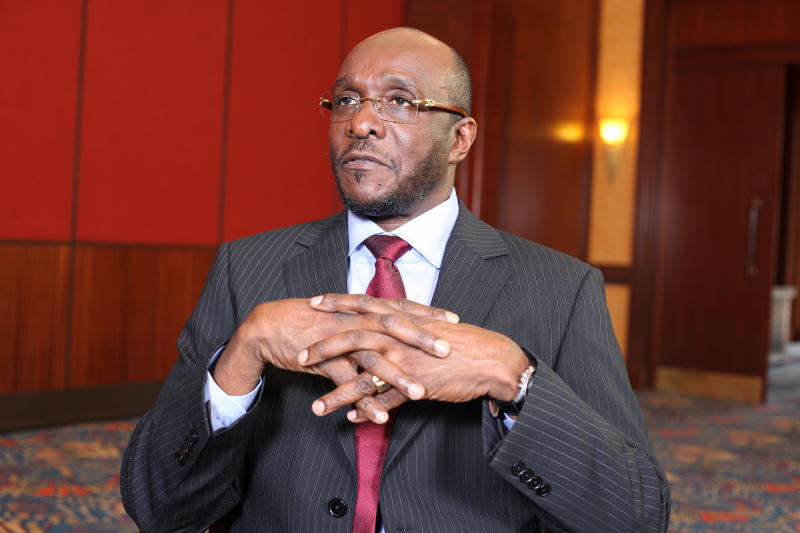
As a Christian gentleman, I have often been fascinated by the magical realism and poetic power of the creation story in the book of Genesis. As we recall, genesis is about origins. The book is, accordingly, about the Christian understanding of all origins. Magical realism is, of course, a portrait of the world with elements of magic and fantasy. We nonetheless believe it, because of its setting. Hence, there is the sheer magic of God saying, “Let there be light.” And there is light.
We are walked through a catalogue of items that are willed into existence. Through sheer divine reflection and edict, things are made from nothing. The most significant moment for humankind comes with text outstanding in its poetic idiom, substance, cadence and magical realism, “Then God said, ‘Let us make mankind in our image, in our likeness, so that they may rule over the fish in the sea and the birds in the sky, over the livestock and all the wild animals, and over all the creatures that move along the ground.”